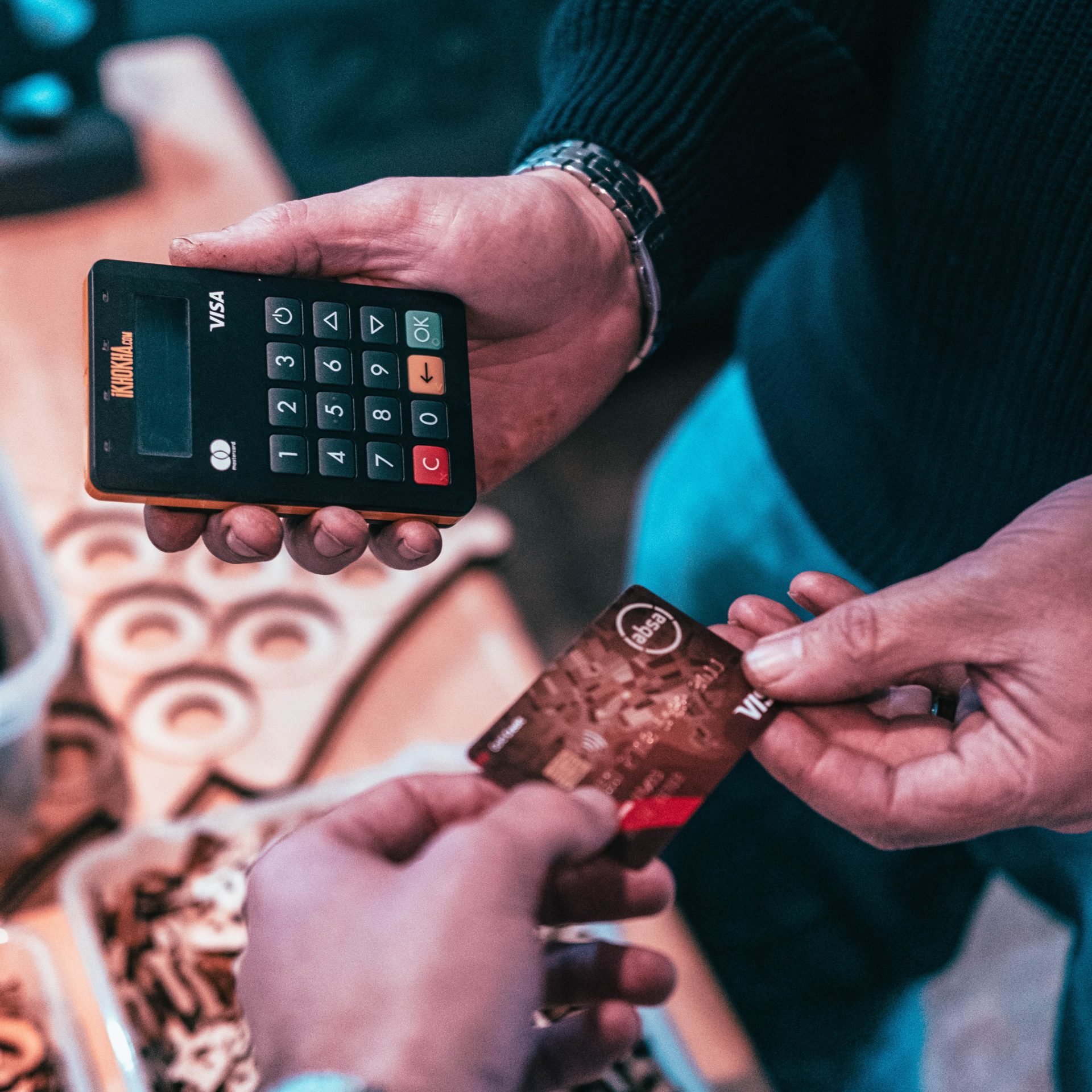

The diminishing use of cash has increased the public’s worry about money management and fraud
It is the younger generations who are feeling most worried about being exposed to fraud as a direct result of using cash less.
Cash is getting attacked from all sides. It is perceived as unhygienic and inconvenient, which has led to businesses switching to contactless only payments with the amount we can spend on contactless continually increasing. The use of BACS transfers is also on the rise, not only to pay friends and family but also to pay for certain services. The coronavirus situation has meant we’re shopping online more, reducing the ability to use cash. But how do consumers feel about this and does it come with risks?
Many consumers are comfortable with digital payments and had been utilising them well before lockdown – saying it’s the “cleaner option”. But the demise of cash hasn’t been welcomed by everyone. Even the group of online spenders and contactless swipers admit they worry about continual card payments. It is very easy to ‘ping’ your card, lose track and very quickly spend far more than you were intending to (and probably would have if you were using cash). This can make it harder to budget and plan – particularly if on a tight budget.
For many consumers, using cash is important. Our new research has found that 59% of people are using cash less often than they would like. In fact, 41% of people agree that using cash less often and being forced to use credit or debit cards has made managing finances or budgeting more difficult. Young people are particularly worried about their ability to budget and manage finances in the new cashless society. There is a feeling of “I don’t trust myself”, “my money will be spent too easily” and having a cash budget sets a clear spending limit.
The demise of cash has also led to some concerns around the rise of fraud – most people have stories about cards being cloned and can feel anxious about using their card in certain circumstances. Again, it is the younger generations who are feeling most worried about being exposed to fraud as a direct result of using cash less.
Although everyone agrees digital and online payments are on the rise, it could take time for us to build confidence in using these channels and more reassurance may be needed to make us feel our money is secure. Online channels should be kept simple and intuitive to reflect how customers think and feel about their finances. Most importantly, confidence can be built among consumers by ensuring that tools are open to all by providing additional support, education and reassurance.




